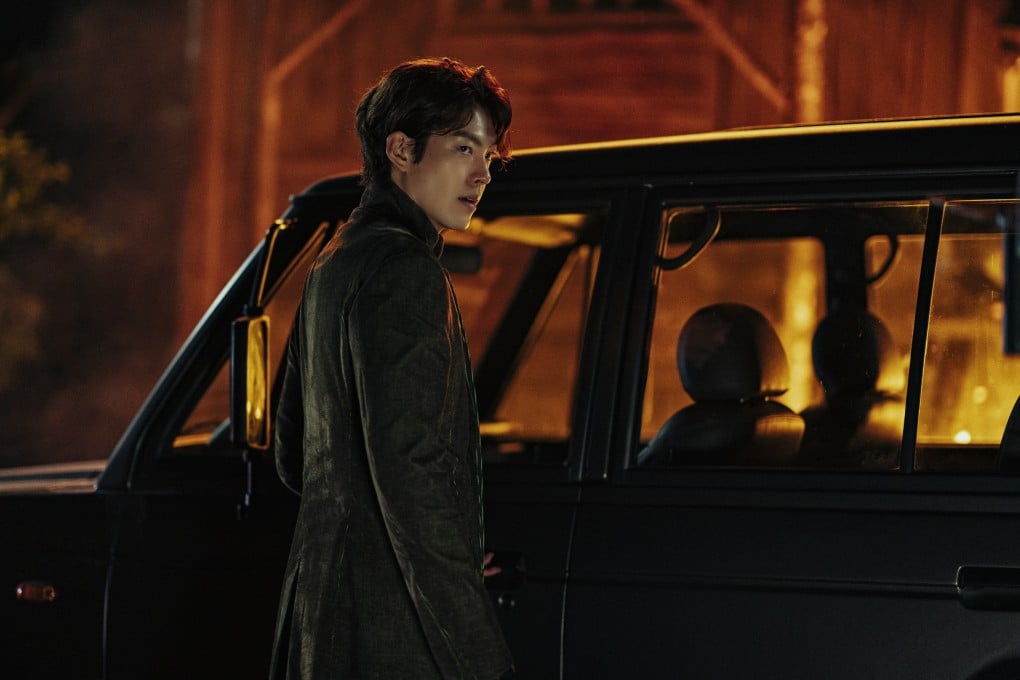Advertisement
Review | Alienoid movie review: sci-fi and period fantasy meet in star-studded Korean two-parter featuring Kim Woo-bin, Kim Tae-ri and Ryu Jun-yeol
- Choi Dong-hoon’s alien invasion science-fiction story mixed with 14th-century Korean fantasy has amazing special effects
- The two-part movie follows the hunt for a magic crystal called the Divine Blade on an Earth being used by aliens as a prisoner-of-war camp
Reading Time:2 minutes
Why you can trust SCMP

3/5 stars
Following a string of hits including The Big Swindle, The Thieves and Assassination, writer-director Choi Dong-hoon takes his biggest gamble to date with Alienoid.
The first of two planned films, this hugely ambitious undertaking is a bold blend of genres, interweaving alien invasion science fiction with goofy period fantasy.
Advertisement
Meshing advanced technology with super-powered magic is an approach that continues to work for the Marvel Cinematic Universe, but without a recognisable brand to entice audiences en masse, Choi’s unwieldy action comedy may have its work cut out to make an impact.
Unbeknown to humanity, Earth has been used as a penal colony for an advanced race of alien beings. For hundreds of years, extraterrestrial prisoners of war have been incarcerated inside oblivious human hosts.
Advertisement
Guard (Kim Woo-bin) and his robot sidekick Thunder (voiced by Kim Dae-myung) are on the ground tasked with monitoring these secret inmates, rounding up those able to escape their anthropomorphic prisons, but otherwise getting pretty despondent with their solitary station.
Advertisement
Select Voice
Choose your listening speed
Get through articles 2x faster
1.25x
250 WPM
Slow
Average
Fast
1.25x